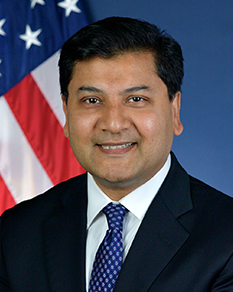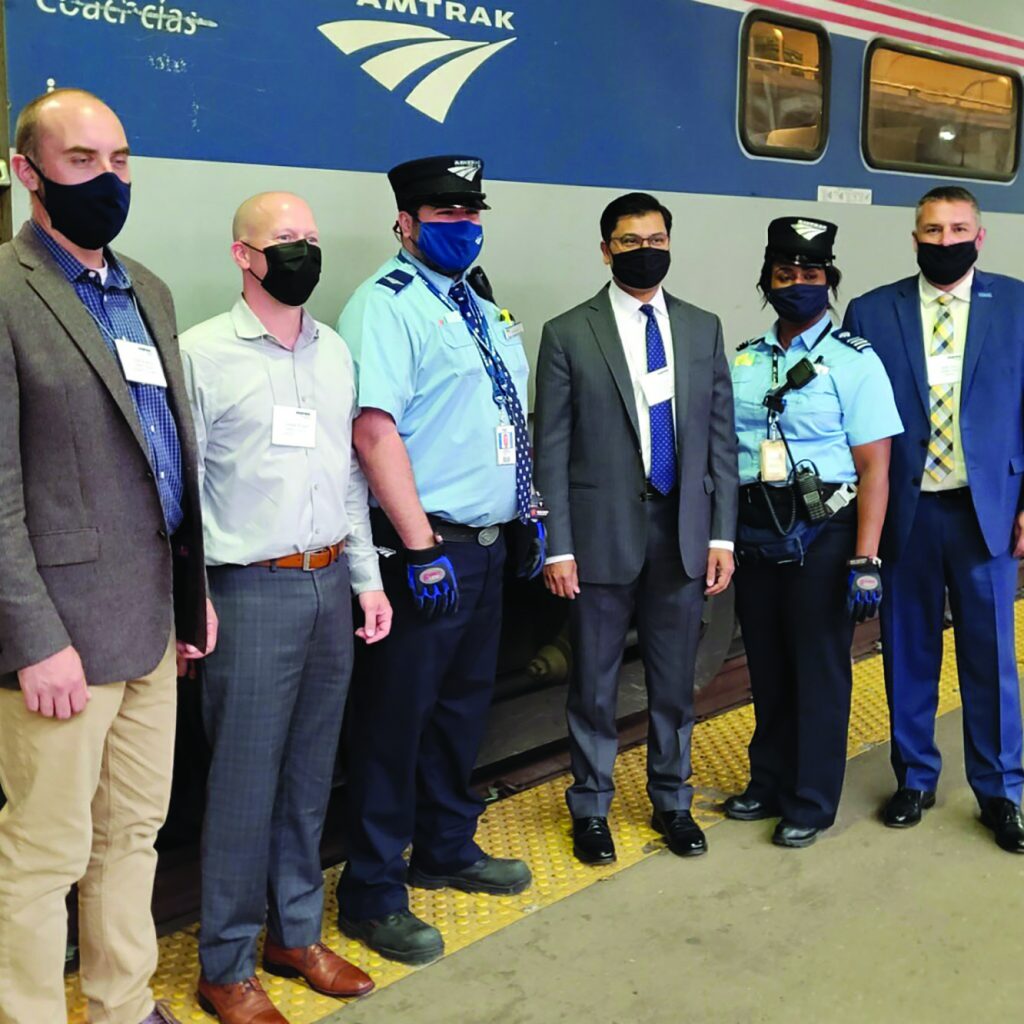On Tuesday, January 25, 2022, the U.S. District Court for the Northern District of Texas issued a Temporary Restraining Order (TRO) prohibiting both BLET and SMART-TD from authorizing, encouraging, permitting, calling, or otherwise engaging in any strikes, work stoppages, picketing, slowdowns, sickouts, or other self-help against BNSF or its operating rail subsidiaries over any dispute relating to BNSF’s new Hi Viz attendance policy and the standards in the policy. A copy of the Court’s Order is attached to this Notice.
Pursuant to the Court’s Order, SMART-TD is hereby instructing all of its members employed by BNSF that they must NOT engage in any self-help against the railroad. This means that members must NOT engage in any strikes, work stoppages, picketing, slowdowns, sickouts, or any other activity intended to disrupt the operations of the railroad in response to BNSF’s Hi Viz attendance policy.
Further, pursuant to the Court’s Order, SMART-TD is notifying and instructing all members who are now or who may in the future engage in any strike, work stoppages, picketing, slowdowns, sickouts, or any other activity intended to disrupt the operations of the railroad to immediately cease and desist all such activity and to immediately cease and desist all exhortations or communications encouraging same upon pain of fine, suspension, or other sanction by SMART-TD. This means that any member who continues to encourage other employees on social media, or in any other forum, to engage in a strike, work stoppages, picketing, slowdowns, sickouts, or any other activity intended to disrupt the operations of the railroad MUST immediately stop doing so. Members who continue to do so risk fine, suspension, or other sanction by SMART-TD.
Further, pursuant to the Court’s Order, this Notice and Instructions is being posted on SMART-TD bulletin boards at all BNSF locations where such bulletin boards exist and is also posted on SMART-TD’s website.
Your Union will continue to challenge BNSF’s Hi Viz policy in court and will seek to have the Court’s Order lifted. However, so long as the Order remains in place, all SMART-TD members must comply. We are a nation of laws and will abide by those laws, and we expect each and every one of our members to do the same.
Jan. 25, 2022 notice to BNSF employees and court order. (PDF)




